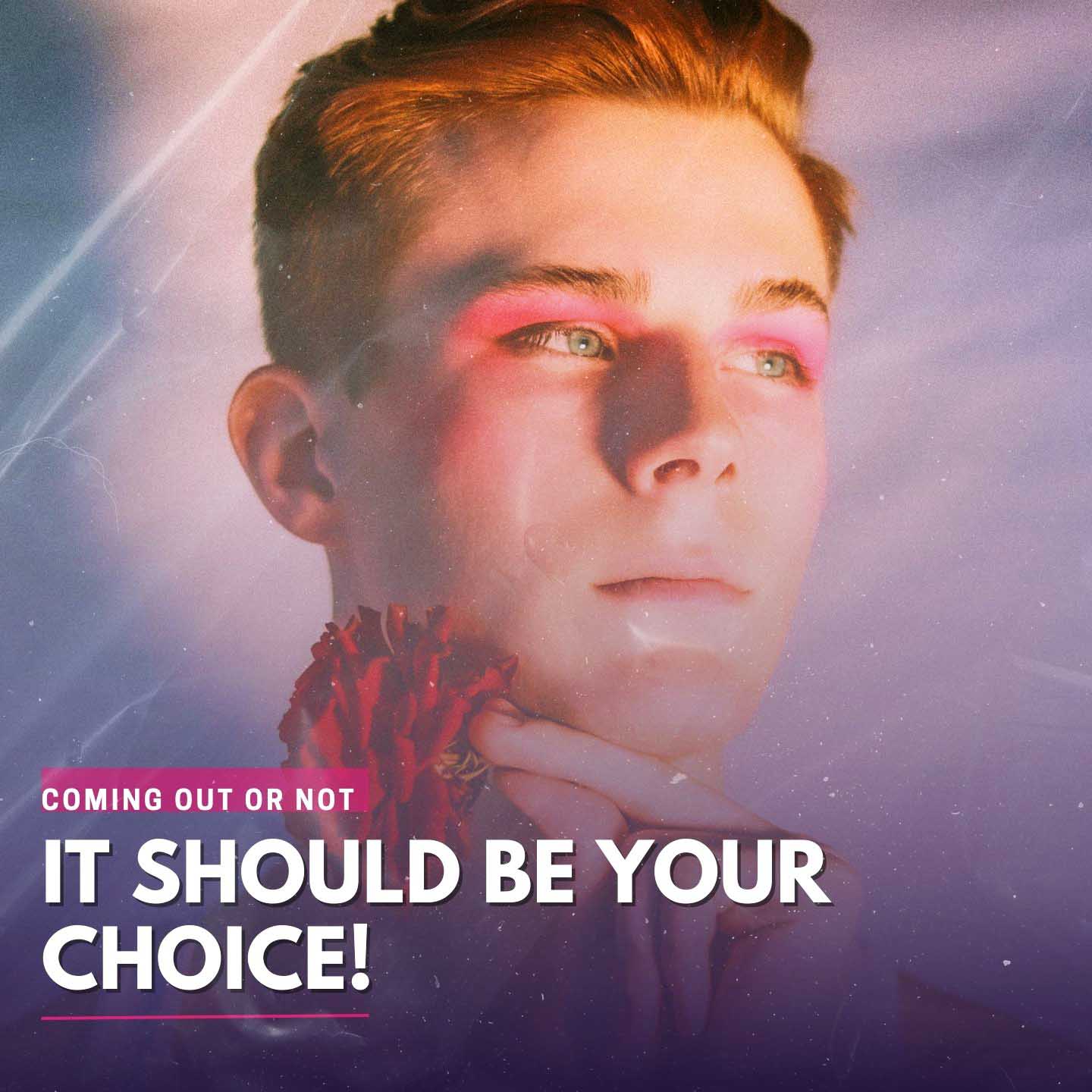CATEGORIES
#Breaking Stereotypes #Inclusion and Impact #LGBTQIA+Overview:
- Coming out or not is a decision every LGBTQIA+ person needs to make at some point.
- There are good reasons to decide to come out, but also to decide not to.
- There are both advantages and disadvantages if you decide to come out.
- Coming out is an empowering process, but it should always be a personal choice.
As a teenager, I didn’t feel like coming out to anyone—not even my lesbian best friend, who was brave enough to come out at the age of 15. Even though I was encouraged by her experience, it felt different for me. On one hand, I despised the fact that LGBTQIA+ people need to give explanations that aren’t required for heterosexuals. Why should I justify myself or ask for approval just to have an intimate life, especially when that is not the norm for everybody else?
On the other hand, even if I didn’t acknowledge it at the moment—embedded in a teenage rebel personality—I was afraid of being rejected by my loved ones. Yet on another level, I wasn’t even certain about my sexuality. I was on a self-discovery journey that continues.
Even though I have already made my resolution about coming out, the question remains a dilemma for many people, especially youth, who may wonder, as I did, whether to come out or stay in the “closet.”
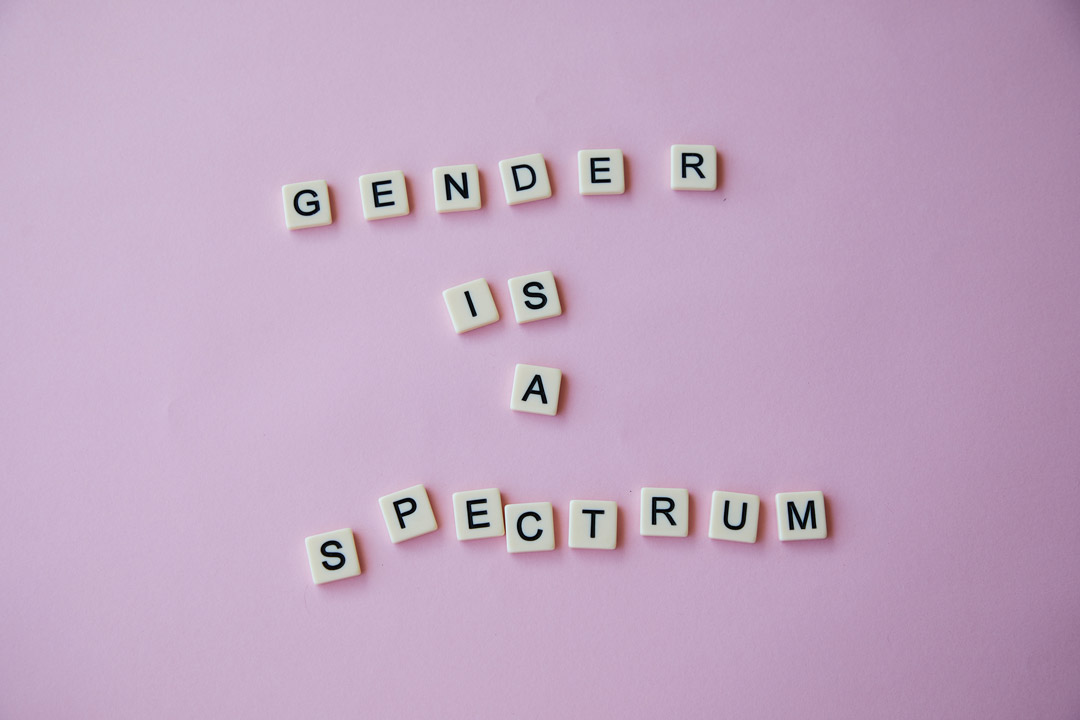
Do You Need to Come Out?
To put it simply, no, you don’t.
You don’t need to give explanations about your preferences, sexuality, or intimate life to anyone if you don’t feel like it, nor do you have a responsibility to educate those who ‘don’t understand’ how it feels to be LGBTQIA+.
Whoever is curious can experiment or learn on their own, just like most of us did. When we feel we have to explain ourselves about being LGBTQIA+, are we reaffirming our identities, or are we just trying to please people we don’t care for?
Nevertheless, many people feel the need to come out for several legit reasons. It could be because they are ready to openly share that very important part of their lives. They want their families and friends to know them for who they are instead of assuming otherwise; because they are not ashamed of themselves but rather proud. They are willing to not hide because they are in search of a community and a safe space. Or they may wish to be honest about their partners and relationships, etc.
Briefly, as many reasons as you may find to not come out, you can certainly find an equivalent number to do so.
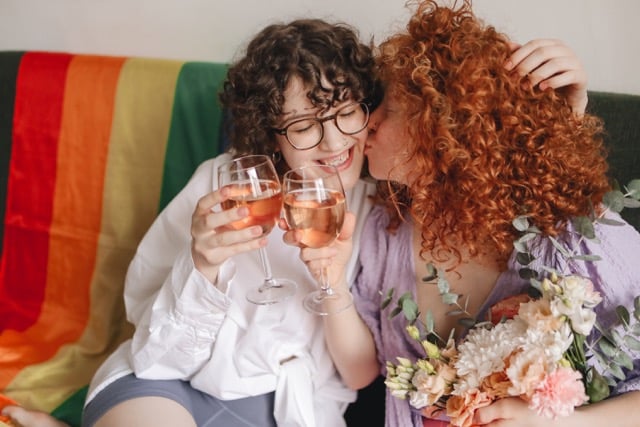
Advantages and Disadvantages of Coming Out
If you decide to come out, you will most likely experience both the benefits and drawbacks of your previous situation as an alleged straight person. (As most people will assume you are heterosexual unless you state otherwise)
Some of the most relevant advantages include:
- Coming out is an empowering experience that allows you to understand yourself better and stand up for your rights.
- There is no need to hide, lie, or make excuses anymore which is a great relief and promotes good mental health.
- You can find a new family in the LGBTQIA+ community, develop friendships, and build a sense of belonging.
- Once they know you are LGBTQIA+, people will think twice before saying something discriminatory in front of you.
- Even if you are not aware of it, you will be setting an example and having a positive influence on other LGBTQIA+ people.
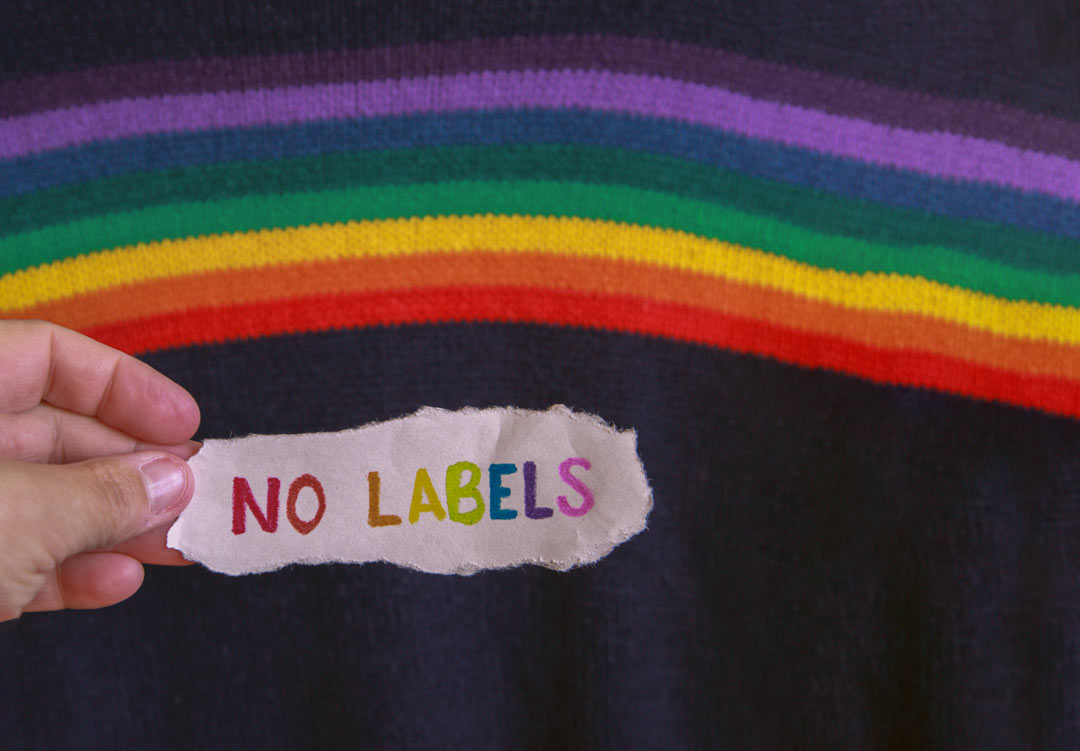
On the other hand, you will also suffer some disadvantages, such as:
- People will ask you all sorts of stupid, often offensive, and intrusive, questions like, “Who is the dominant person in the relationship?” or “Are you sure this is not just a phase?”
- You may become a target for LGBTQIA+ phobic behavior and violence, which unfortunately still exists worldwide.
- Sometimes, people you respect or even love will change their attitude towards you negatively for “no reason.”
- People will consistently judge and question you for your sexuality or gender identity, and you will still be expected to react in a mature and polite manner.
- You will need to put up with stereotypes (“Oh, but how can you be LGBTQIA+? You look so feminine!”) and learn to not let them affect you.
So, again, there is no “right”, “clear”, or “safe” path when it comes to opening up about your queerness. You are most likely to face challenges and opposition from lesser-educated people. Just try to enjoy the ride and avoid the sinkholes.
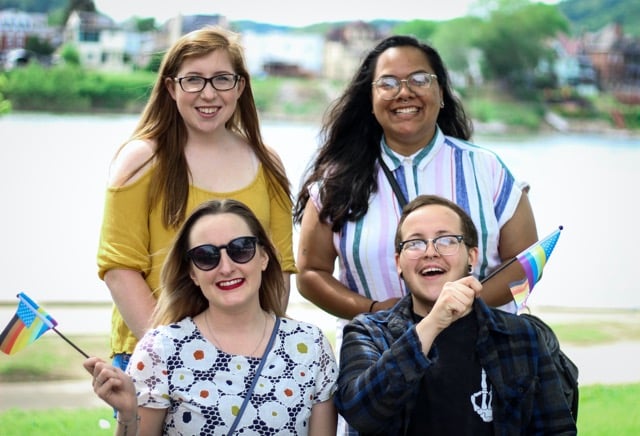
Am I Happy to Have Come Out?
Eventually, I did come out, when I was in my early twenties. I started by telling my close friends, who were amazingly supportive and non-judgmental, and I went on to open up to some colleagues, peers at college, and, finally, my family. This was the hardest part for me, as it is for many LGBTQIA+ people.
Sometimes, people who are LGBTQIA+ friendly to strangers receive the news of their family members being LGBTQIA+ with strong denial. Others simply don’t approve of LGBTQIA+ rights. Luckily, for most people love finally wins, and that was the case with my family too, even if it took some time.
After a few years, am I happy to have come out of the closet? Definitely yes. I still don’t feel I need to go around giving unnecessary explanations to irrelevant people. I only share about my sexuality and identity when and with whom I am comfortable. I have to turn a deaf ear a lot to prioritize my mental health and well-being. Even so, I get frustrated on a daily basis at general situations of discrimination and phobia faced by LGBTQIA+ people. For there is so much that needs to change in the world. But, by coming out and acknowledging I have nothing to be ashamed of, I am being honest and respectful to myself, and that feeling alone is worth it all.
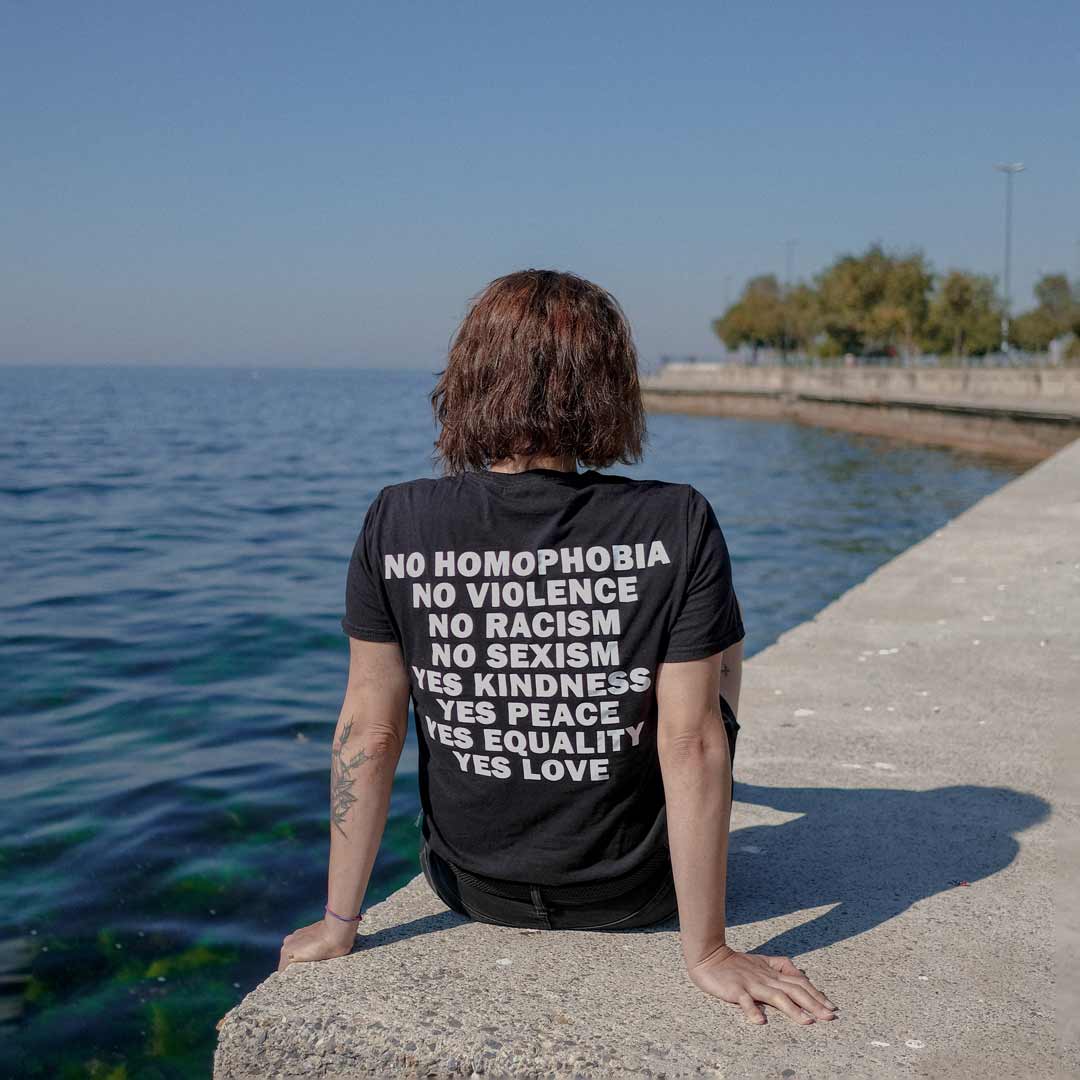
There is much unsolicited pressure for LGBTQIA+ people for coming out of the closet. Although coming out can be an empowering and beautiful experience, no one should force, if you are not comfortable with it. It is okay to feel unprepared. It is perfectly fine to take your time, and those who truly appreciate you will understand and support you. Even if you don’t ever feel safe to come out, that is exclusively your decision to make.
In most countries, society is changing its mentality toward the LGBTQIA+ community. We enjoy more freedom now than ever before. I firmly believe that it is just a matter of time until LGBTQIA+ people are globally accepted and respected, for we (LGBTQIA+ and allies) will keep pushing forward for just that. Stay hopeful.
Conclusion:
Being LGBTQIA+ is a different and unique experience for every person, and so the decision of coming out or not should always be personal and conscious. Whether you decide to come out or stay in, we will keep fighting for LGBTQIA+ rights.

